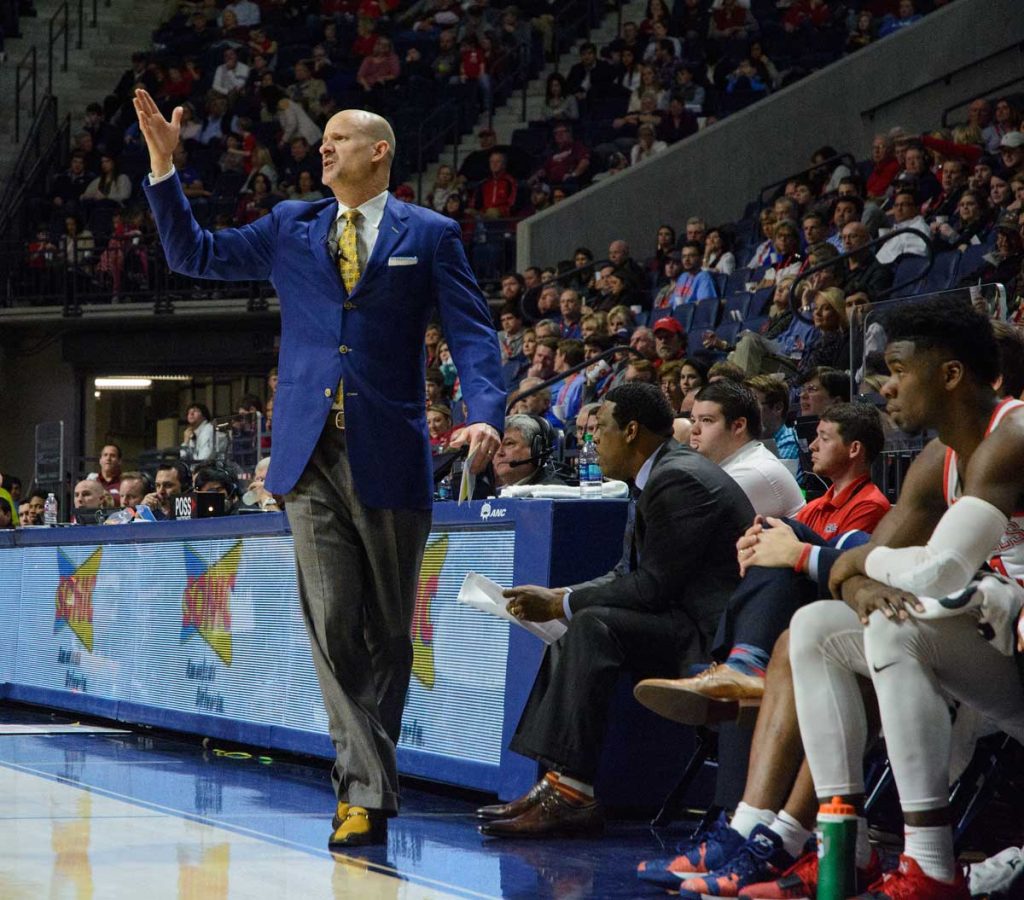The plans to become happier, healthier people in 2018 have likely fallen to the wayside by the time you are reading this. The veggies eaten, minutes exercised and money saved are less than what you promised yourself before even making it through two months of the new year. Many look in the mirror with frustration when realizing their shortcomings, and this only leads to a cycle of despair, not change.
Why can we not seem to achieve goals that we know are good for us and that we desperately want? Perhaps it is because we are too hard on ourselves.
That’s what David DeSteno, a professor of psychology at Northeastern University, contended in a recent article in The New York Times. The cultural narrative most Americans accept is one of self-actualization through willpower. The approach of keeping your nose to the grindstone until the work is done is one that has roots in education, work and financial systems through and through.
Unfortunately, it doesn’t work. The immediate satisfaction of sweets, a nap or impulse buys online is far more powerful than our ability to say “no,” according to DeSteno’s research. It isn’t surprising, then, that most people come up short of their resolutions.
When, inevitably, we do come up short, we often respond by being stressed and lethargic when considering the work that must be done to achieve the mark we desire. The fatigue and frustration that come with failure further inhibit progress, which makes the goal seem entirely unachievable.
Though this research may seem utterly pessimistic at first, its realistic perspective can actually change our lives. By understanding the realities of being human, we can learn to be less judgmental of ourselves and get back on track with progress toward the goal.
Another psychologist, Jonathan Haidt, uses a helpful metaphor for our rational selves who know the good of a particular goal and the irrational parts of our brain that so often stand in the way of actually achieving this goal: an elephant and its rider.
A rider may know the best way to get from one place to another, but she will never get there without the cooperation from the elephant. Similarly, even when we know what is best for our health and happiness, the irrational parts of our brain only recognize immediate gratification.
This explains the difficulty of achieving our goals not as a matter of willpower or being a good or bad person but as an understanding of being human. With this understanding comes non-judgment toward ourselves and others.
In refusing to judge ourselves, we find it easier to continue the journey to achieving our goal. In not holding our failures against ourselves, we make space to actually change.
Getting out of our way is an important part to sticking to resolutions long-term, but there is another important lesson to be learned from this research: the need to motivate the elephant you ride.
DeSteno argues that the key to motivating the irrational parts of your brain is emotion. By feeling a sense of pride in who you are, a gratitude for those around you or a joy in what you are doing, it is possible to make real, sustainable progress toward your goals.
Daniel Payne is a sophomore integrated marketing communications major from Collierville, Tennessee.













